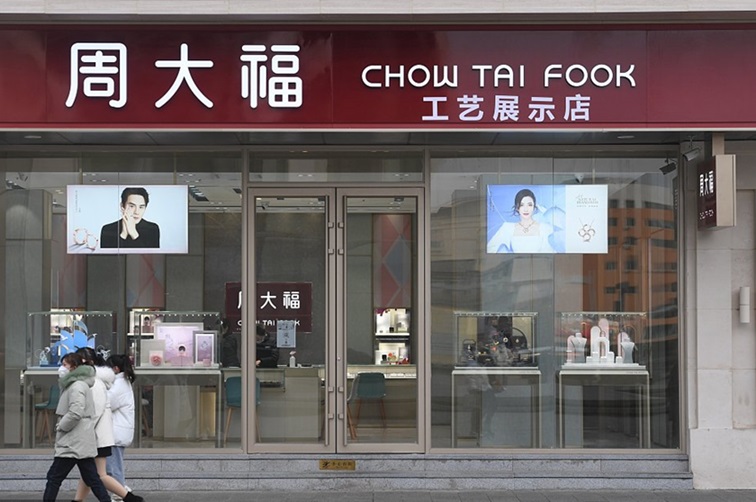Once the glittering beacon of luxury consumption, China now casts a growing shadow over high-end brands like LVMH and Chow Tai Fook. As the world’s second-largest economy grapples with uncertainty, its consumers are pulling back from extravagance.
LVMH revealed a sobering 13% drop in sales across Asia (excluding Japan) during the first half of the year, according to their recent earnings report. The champagne and fine wines sector, heavily reliant on Chinese consumers, saw a 15% plunge. The “unfavourable market environment in China” is cited as a major factor, highlighting the economic tremors shaking consumer confidence.
Chow Tai Fook, a jewel in China’s crown of luxury brands, reported a 20% drop in retail sales for the second quarter. Mainland China sales alone fell by 19%, while combined sales in Hong Kong and Macau tumbled by 29%. Chairman Henry Cheng Kar-shun attributed these declines to persistent macroeconomic challenges, further exacerbated by volatile gold prices, which dented gold jewellery demand.
The broader economic picture is equally concerning. Retail sales growth in June was a mere 2% year-on-year, the weakest in 18 months. Simultaneously, Chinese households added a staggering 9.27 trillion yuan (US$1.3 trillion) in new deposits in the first half of the year, bringing total savings to a record 147 trillion yuan. This surge in savings reflects a cautious consumer base, wary of spending amidst economic slowdown and job insecurity.
In a bid to revive confidence, Beijing has enacted several measures, including cutting the key short-term policy rate and mortgage reference rate. However, these moves are seen as largely symbolic by analysts, who argue that significant, impactful actions are limited. They caution that further aggressive interventions could risk devaluing the yuan, potentially triggering financial panic and further eroding consumer and business confidence.
Economists argue that quick fixes are not in the cards for China’s sluggish household consumption growth. They call for a fundamental restructuring of the economy, fiscal systems, and income redistribution to address long-standing imbalances. Without these deep changes, the pattern of slow growth and cautious consumer spending is likely to persist.
As luxury brands grapple with declining sales in China, the broader implications for the global luxury market are clear. The economic slowdown in China is not just a regional issue; it sends ripples through global markets, affecting everything from luxury goods to investor sentiment.
(Source: SCMP | Bloomberg | WSJ)









